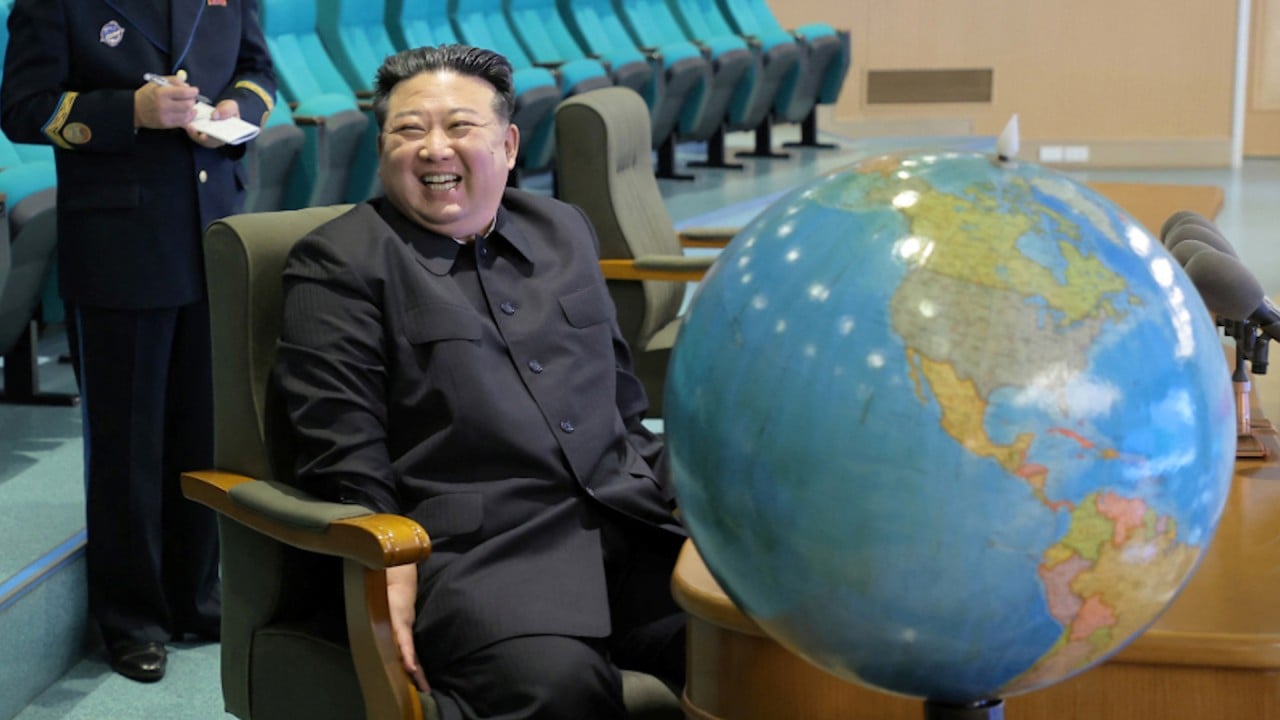That is a concerning development for a country that depends on mobilised labour to help keep its broken, heavily sanctioned economy afloat.
Stopping the decline in birth rates and providing good child care and education are all our family affairs that we should solve together with our mothers
“Stopping the decline in birth rates and providing good child care and education are all our family affairs that we should solve together with our mothers,” Kim said in his opening speech.
According to South Korea’s government statistics agency, North Korea’s total fertility rate, or the average number of babies expected to be born to a woman over her lifetime, was at 1.79 in 2022, down from 1.88 in 2014. The decline is still slower than its wealthier rival South Korea, whose fertility rate last year was 0.78, down from 1.20 in 2014.
South Korea’s fertility rate, the lowest in the developed world, is believed to be due to a potent cocktail of reasons discouraging people from having babies, including a decaying job market, a brutally competitive school environment for children, traditionally weak child care help and a male-centred corporate culture where many women find it impossible to combine careers and family.
North Koreans use fake names, scripts to land remote IT work for cash
North Koreans use fake names, scripts to land remote IT work for cash
While North Korea is one of the poorest nations in the world, the change in its demographic structure is similar to that of rich countries, some observers say.
“Many families in North Korea also don’t intend to have more than one child these days as they know they need lots of money to raise their kids, send them to school and help them get jobs,” said Ahn Kyung-su, head of DPRKHEALTH.ORG, a website focusing on health issues in North Korea.
North Korea implemented birth control programmes in the 1970-80s to slow a post-war population growth. The country’s fertility rate recorded a major decline following a famine in the mid-1990s that was estimated to have killed hundreds of thousands of people, the Seoul-based Hyundai Research Institute said in a report in August.
“Given North Korea lacks resources and technological advancements, it could face difficulties to revive and develop its manufacturing industry if sufficient labour forces are not provided,” the institute report said.
According to North Korean state media reports this year, the country has introduced a set of benefits for families with three or more children, including preferential free housing arrangements, state subsidies, free food, medicine and household goods and educational perks for children.
Rodman’s fault Kim Jong-un’s daughter known by wrong name: ex-South Korean spy
Rodman’s fault Kim Jong-un’s daughter known by wrong name: ex-South Korean spy


